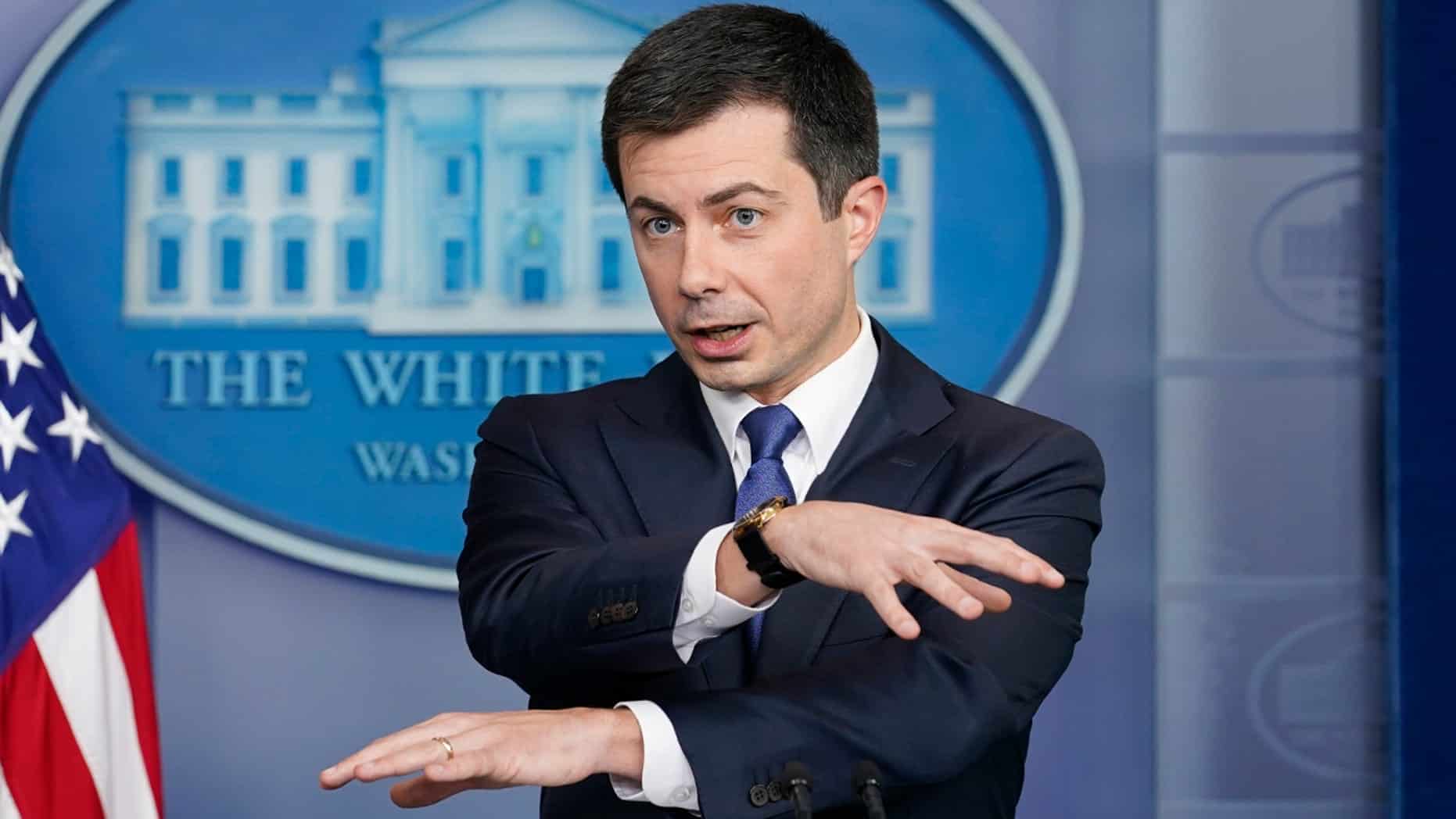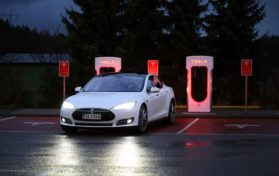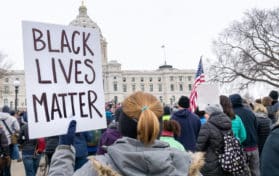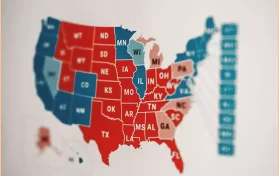
On Monday, Transportation Secretary Pete Buttigieg made a statement that has left conservatives reeling. Initially, Buttigieg, who drew criticism amid the supply chain crisis when the public learned he had been on family leave for two months, made a comment along the lines that “racism” was built into the nation’s highways. In a press conference on Monday, Buttigieg was asked to elaborate on this idea.
Buttigieg’s commented, “I’m still surprised that some people were surprised when I pointed to the fact that if a highway was built for the purpose of dividing a white and a black neighborhood, or if an underpass was constructed such that a bus carrying mostly black and Puerto Rican kids to a beach – or that would have been – in New York was designed too low for it to pass by, that obviously reflects racism that went into those design choices.”
Conservatives have largely mocked the Transportation Secretary’s comments, but, a perusal of the internet will reveal a number of individuals who hold the same belief as Buttigieg.
Biden’s infrastructure bill, which was passed by both chambers of Congress and awaiting the president’s signature, actually makes mention of racial discrimination with regard to infrastructure. The legislation is intended to allow $20 billion for a program to “reconnect neighborhoods cut off by historic investments.” The measure further intends to allocate “40 percent of the benefits of climate and clean infrastructure investments to disadvantaged communities.”
In Joe Biden’s America, even bridges are racist. https://t.co/QNPcKehPA3
— Sen. Marsha Blackburn (@MarshaBlackburn) November 9, 2021
In April 2021, Noel King penned an article (and spoke on Morning Edition to the effect that interstate planners “routed some highways directly and sometimes purposefully, through Black and brown communities.”
Noel King goes on to mention that some homes (assuming to be in minority communities) were taken by eminent domain. However, neither King’s article does not give examples that prove beyond the shadow of a doubt that this was the intent of these urban planners.
Even so, there is one book that has been cited as evidence that racism was “built into the infrastructure.” Robert Caro’s book, The Power Broker discusses Robert Moses, a New York City official In the book, Caro states that one of Moses’ priorities was to keep black people from going to Jones Beach on Long Island.
A Washington Post article elaborated on Moses’ activities that would indeed serve to cut off some minority communities from beaches, and, investigation into the issue proves that Moses did have an influence on planning related roadways that would keep minorities from visiting a particular beach in New York during the mid- to late 1950s.
Buttigieg’s comments were ridiculed because most people outside of New York aren’t familiar with Moses or the notion that anyone would deliberately build roadways in order to separate communities. Perhaps Buttigieg would have been better served to answer the reporter’s question by mentioning Moses and his plan to impede people of color from enjoy Jones Beach on Long Island.
The American public is interested to hear how our overall infrastructure is going to be improved for all Americans. Many Americans lament highways with deep potholes, barely visible markings, or constant construction on major highways that add to traffic congestion. Americans are interested to know what plans are made to improve our roads, to provide broadband internet in rural areas, or to improve local sewage systems and community water.
“What do you think Transportation Secretary Mayor Pete is focused on? How racist bridges are. I swear to God this is real.” – @ClayTravis #InfrastructureBill pic.twitter.com/Mtx8HrOa1a
— Clay & Buck (@clayandbuck) November 9, 2021
Americans want these things for all the people in their community. Perhaps Buttigieg’s comments did more to divide us than to put a positive spin on the good the $1.2 trillion infrastructure bill might do; any good intentions were lost in the furor after the comments were made. Maybe the fact that Buttigieg was largely absent during the height of the supply chain crisis has marred his credibility. Either way, a more detailed elaboration of his comments could have prevented the conservative backlash on Buttigieg’s comments.





